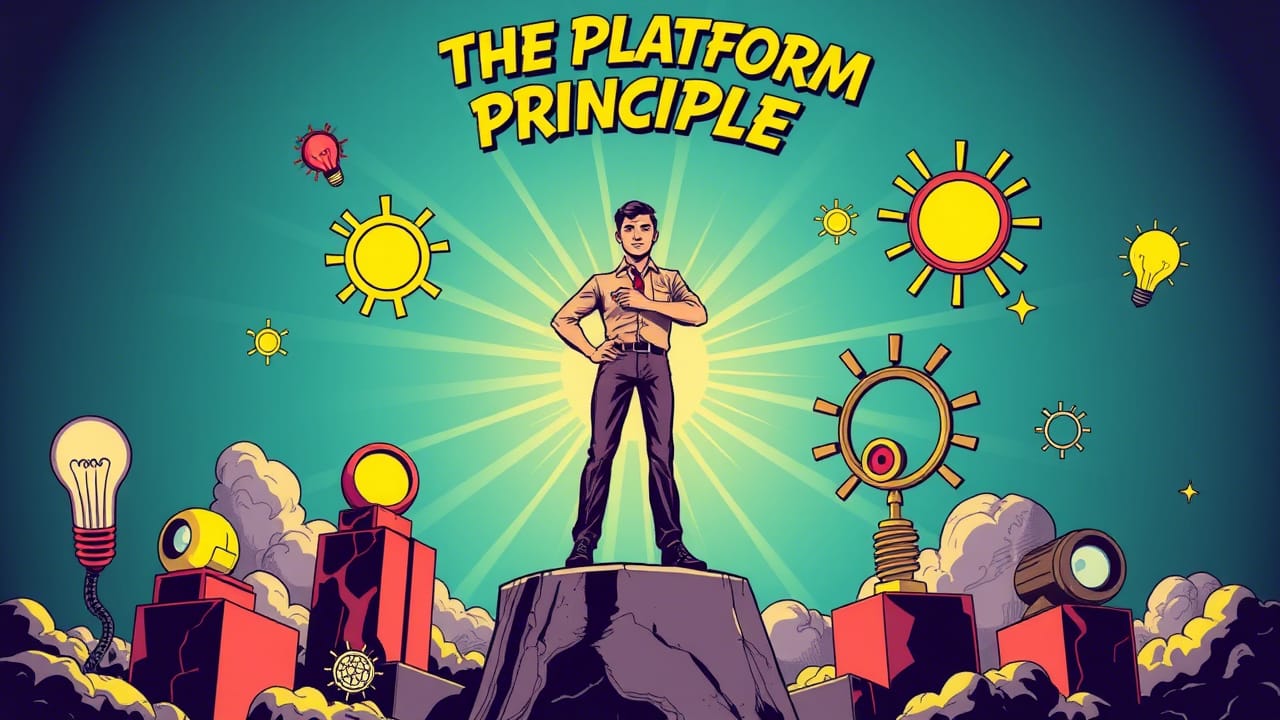- High-Stakes Human Skills
- Posts
- The Platform Principle
The Platform Principle
From Performer to Sovereign

Most entrepreneurs exhaust themselves chasing visibility. They perform harder, create more content, network frantically. The elite take a different path entirely. They stop being the show and start owning the theater.
The Four Phases of Professional Evolution
Phase 1: The Performer
The Attention Economy Trap
Most professionals live here forever. You're trading time for money, presence for influence, personal energy for professional results. Every success requires your direct involvement. Every revenue stream depends on your continued performance.
The performer's dilemma is seductive because it feels like progress. Your personal brand grows. People recognize your expertise. Revenue increases. But you're building a prison of indispensability around yourself.
Warning Signs You're Stuck as a Performer:
• Your best month still needed your full energy
• You're exhausted by "staying relevant"
• You feel replaceable in your own system
• Revenue stops when you stop working
• Success dies with your involvement
The challenge most performers face is recognizing that visibility isn't the same as influence. Being known isn't the same as being essential.
Phase 2: The Product Builder
Scalable Value Creation
Smart performers eventually realize they need to productize their expertise. They create courses, books, software, or systematic services. Now their value can scale beyond their direct time investment.
This is where most "successful" entrepreneurs plateau. They've built something that works without their constant presence, but it still requires their oversight, marketing, and strategic direction.
Product Builder Advantages:
Revenue can grow while you sleep
Systems handle routine operations
Expertise becomes transferable assets
Time investment shifts from execution to management
Business has potential value beyond your involvement
The friction here is that product builders are still competing in established markets. They're creating better solutions to existing problems, but they're not controlling the fundamental dynamics of their space.

Reply